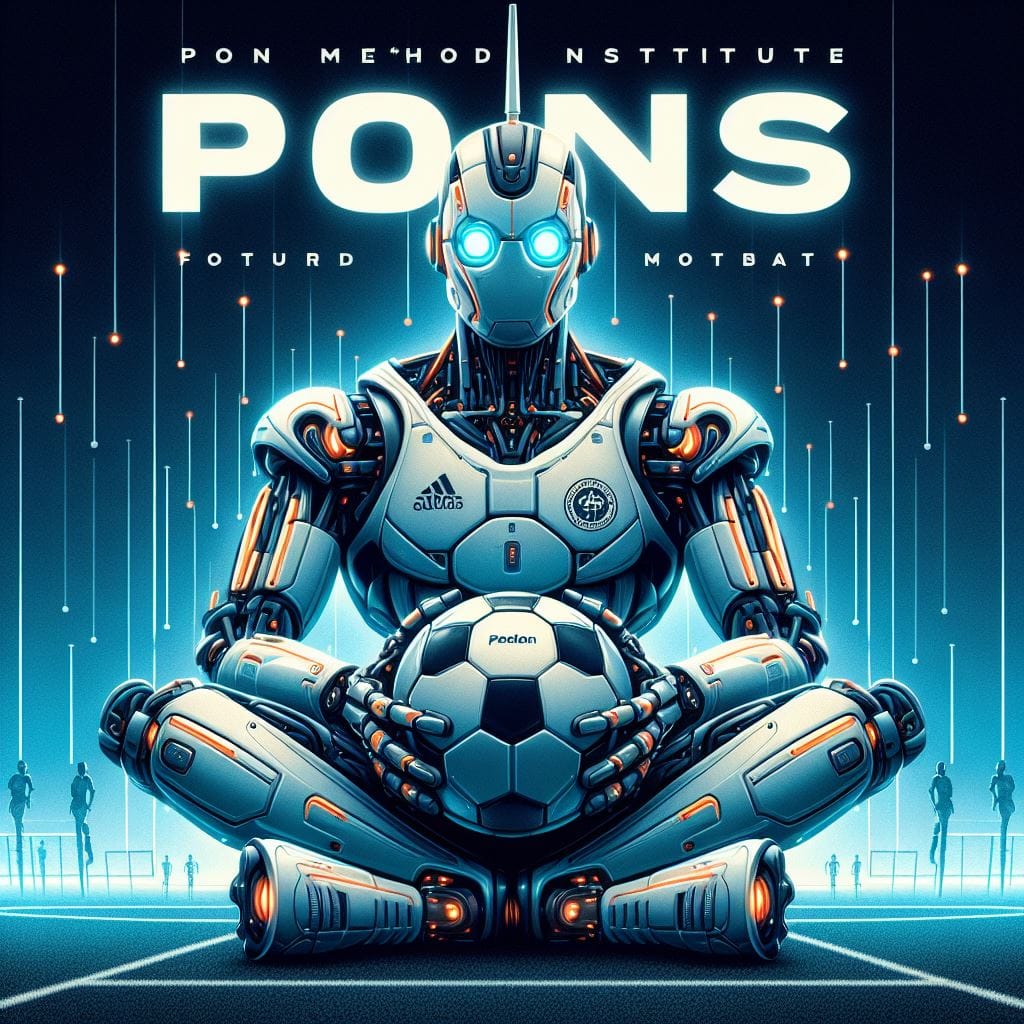The challenge of coaching in the age of information and automation
Football has evolved radically over the past two decades. With the emergence of artificial intelligence, performance management and player demands, coaches no longer just coach; they manage, teach, and answer critical questions like: “Why are we doing this?” and “What is it for?”
Empowered by access to information and a greater awareness of their development, players are no longer satisfied with generic instructions. They demand clear processes, adaptive methodologies and, above all, answers. This reality challenges coaching staffs and, at the same time, offers a unique opportunity to transform training from the ground up.
The Pons Method, an innovative and open methodology, represents a solution to this new paradigm. However, its implementation has shown recurring failures due to a lack of preparation by technical staffs, who often try to execute it without delving into its fundamental principles. This article explores the importance of adopting automated processes, comprehensive load management and a deep understanding of the methodology as essential tools to respond to players’ demands and maximize their performance.
The invisible training revolution: visible and measurable
Lionel Messi and Cristiano Ronaldo put the spotlight on invisible training: the set of habits, breaks and off-field care that differentiate the best. However, although this concept is fundamental, it should not be completely invisible. Clubs must train and measure certain invisible aspects such as nutrition, recovery or mentality, integrating them into a methodology that makes it tangible and analysable.
Visible invisible training is not only an innovative approach, but an urgent need. The data generated from these practices can optimise the management of the coaching staff, helping to design individualised loads and processes for each player. This requires, however, a structured approach that only a methodology such as the Pons Method can provide.
The importance of automated processes (FPM)
Football Process Management (FPM) is the next big leap in football management. This approach transforms the way teams structure their training, fragmenting tasks into automated processes that optimise individual and collective progression.
Task automation: Each session must be scheduled to include specific, fragmented and measurable training, allowing the technical staff to concentrate on the most critical areas.
Synergy in the technical staff: A cohesive team is the foundation of a successful team. The coach must be an exceptional manager, while the physical trainers must handle loads and processes with surgical precision. These synergies are at the core of the Pons Method, which promotes a total communion between individual and collective tasks.
Performance optimization: The use of technological tools integrated with the Pons Method allows not only to evaluate progress, but to predict performance trends. This ensures that each player is trained to the limit of his capabilities without compromising his health.
Why the Pons Method is the answer
The Pons Method is not just a methodology; it is a philosophy of continuous and adaptive learning. Designed to be open to change and constant improvement, it provides practical tools to alleviate the structural deficiencies of clubs and respond to the demands of players. By mastering this methodology, technical staffs gain the ability to:
Listen to the player: The footballer is the axis of the game. His needs and capabilities must be analyzed and respected. The Pons Method encourages a human and personalized approach.
Eliminate the irrelevant: In a sport where every second counts, spending time on inconsequential tasks is unacceptable. The methodology prioritizes the essential, ensuring that every minute of training has an impact.
Create scalable processes: From fragmented training to emotional management, each principle of the Pons Method is designed to be measurable, adjustable and replicable.
A modern architecture for modern football
Modern football demands more than tactics and technique; it requires a new training architecture based on automation, personalization and technological integration. Clubs that do not adopt these principles will be left behind.
Modern training does not just optimize performance, it empowers players. By showing them clear data on their progress, answering their questions and designing automated processes, clubs can build
